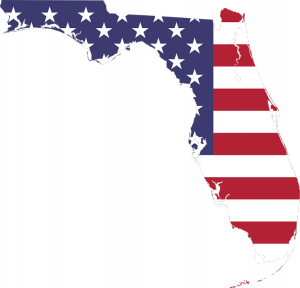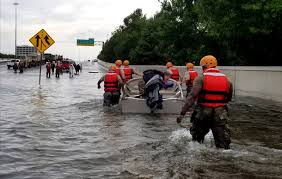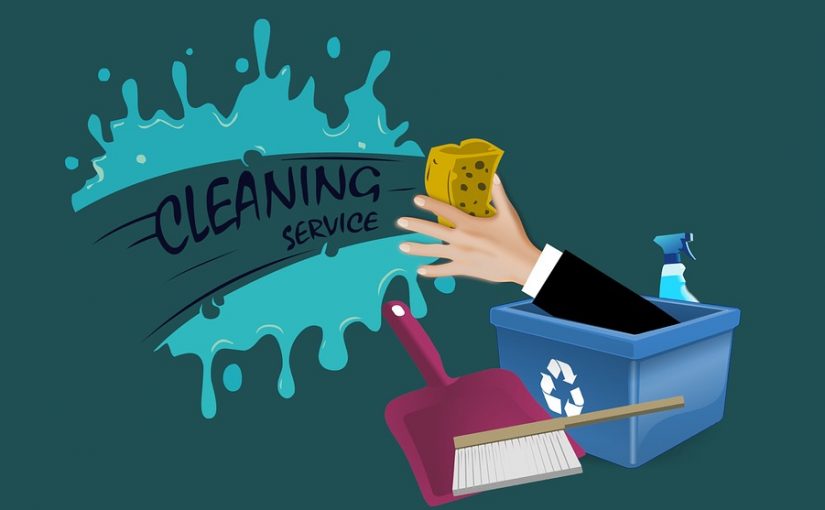4 Reasons why you are better off choosing an Independent Agent.
Choosing which businesses to partner with are important decisions for any business owner, no matter what industry they operate in. Finding another business to provide the products and services you depend on is essential to your success. No decision is more important who you decide to purchase insurance from. There are many ways a business owner can go about this process, but one of the most effective for many businesses is to partner with an independent agent. Here are 4 reasons why you should choose and independent insurance agency the next time you are looking for insurance coverage.
An Independent Agent Works for You
When you partner with a captive agent (an agent who works for only one carrier) they have a partnership with that carrier and that carrier only. They work for you the business owner, but they also are equally looking out for the best interests of the carrier as well. An independent agency, who partners with multiple carriers, has more of an incentive to keep you the business owner satisfied in order to continue to win your business in the future.
An Independent Agent gives you choice
When you partner with an independent agent you will have the choice of which insurance carrier you would like to partner with. Most independent agencies partner with between 10 and 40 insurance carriers. This gives them the ability to shop your policy around and make the carriers compete for your business. An insurance agent who is a partner with only one or a few carriers, is not able to obtain quotes from as many carriers. In most cases, this causes them to not be able to get as thorough coverage and it may not be at the best rate. When an independent agent partners with many agents they learn the ins and outs of each carrier. They know which carrier is better at the claims process, which carrier is more likely to give additional credits and discounts, which carriers like for you to have a safety program in place. They can advise you on which carrier might be a better match for you based upon what you value. The best match for you may not always be the carrier who offers the best price. They can help guide you through that process with the most thorough and unbiased information.

An Independent Agent can be your advocate
An independent insurance agent can give you unbiased advice about the coverage’s you are looking to secure. They can give you advice about all the companies you are considering. They can tell you which companies are the best during the claims process, which companies more than likely offer the cheapest rate, why you might want to pay additional premium for the services of a particular carrier.
An independent agent can also be your advocate when you have a problem regarding your insurance policy. These problems can arise when you have a billing question, you buy new property or equipment mid-term, when you need a certificate of insurance for another business you are partnering with or even when you have a claim. This is especially important in the event you have a claim, and all business at some point have to file a claim. If your carrier is not living up to their obligations your agent can hold them accountable on your behalf.
An Independent Agent can save you time and money
Depending upon what you value in the insurance quoting process, an independent agent can help you save both time and money. For some business owners their time is precious and the most important aspect of the insurance buying process is to have the process over with as fast as possible. If this is the case, you can express this to your agent and they can search the policies for you after a 5 or 10 minute conversation. They can get you a quote from as many as ten carriers with minimal time. Partnering with a captive agent means you have to call each carrier individually.
For many business owners, their time is better spent running their business than it is trying to save additional money on premium. Some businesses may have a premium amount that is so small it may not be worth their time to spend an additional few hours to find a 5 % savings on a $500 policy. In the end this would only save them $25. On the other end of the spectrum, a large business with a $75,000 policy may block out as much time as a half a day or even multiple days to find the best insurance policy for their business. In this instance a 5% savings would add up to $3,750, which is a months worth of salary for one of their employees, it could be a $500 bonus for 7.5 employees, or it could be a winter vacation to Florida for the owner of the company. No matter what you as a business owner value, an independent agent can save you time and money by having them do the searching for you all at one stop.
















 It is important to understand what and who is and is not covered under your specific insurance policies. This can determine how you operate your business on a daily basis. For instance, if you have a
It is important to understand what and who is and is not covered under your specific insurance policies. This can determine how you operate your business on a daily basis. For instance, if you have a 


